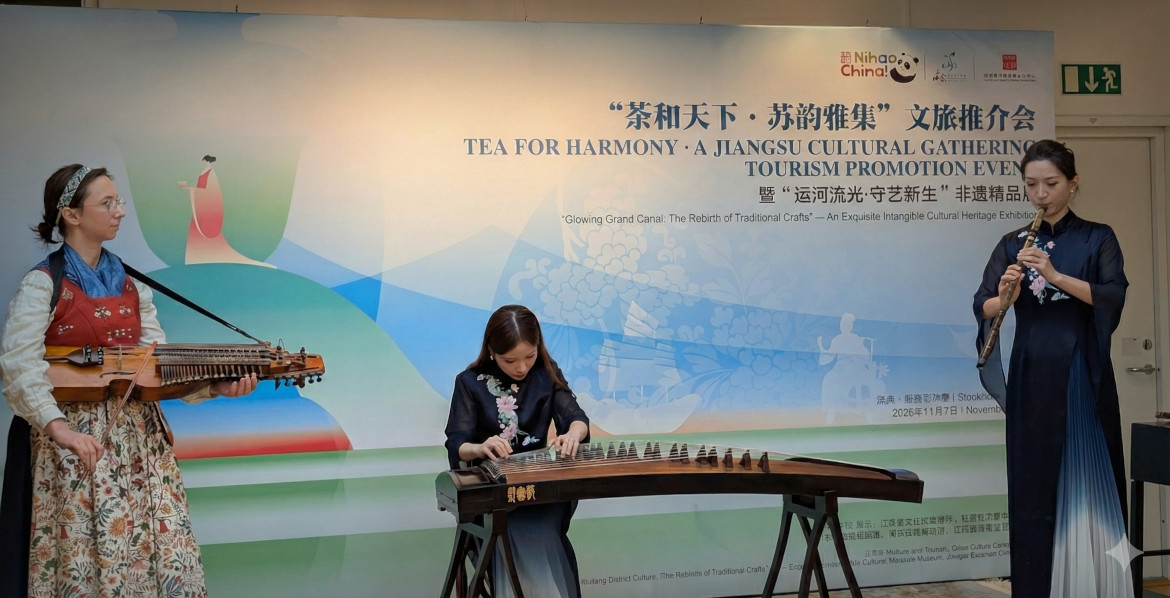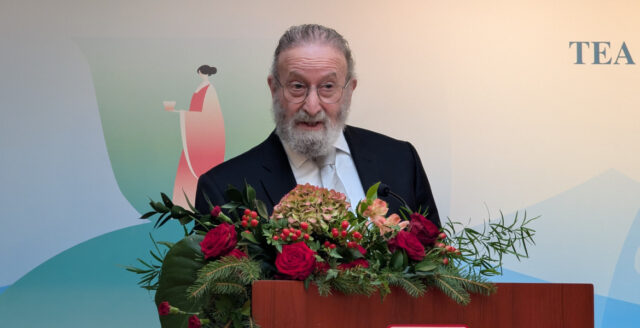This article was originally published on April 16, 2023.
The Amish have their origins in Anabaptism, or the so-called 'Anabaptist movement'. Jacob Amman was part of the Mennonites in Europe who practiced a more literal interpretation of the Bible, including baptizing adults instead of children. Anabaptism emerged in the 16th century at a time when adult baptism was forbidden in Europe, which in turn led to persecution and even death for the Mennonites.
In the 17th century, Amman believed that the Mennonites had become too secular and created a separate movement named after him - the Amish. Among other things, Amman believed that communion should be held twice a year instead of once and suggested that men should wash each other's feet to show obedience to Christ. Amman also believed that men should not shave their beards and that women should not wear dresses dictated by fashion. In the 1730s, the first group of Amish arrived in America to escape persecution in Europe and were promised religious freedom. In the 19th century, more Amish arrived and today Europe is virtually devoid of the group. However, smaller groups of Mennonites still exist in Europe.
Today, most Amish live in Pennsylvania, Ohio and Indiana in the United States, but also in parts of Canada. There are several different Amish communities, and the way of life can differ depending on the community, with some being more conservative than others. In 2022, it was estimated that there were around 367,000 Amish in the US and nearly 6,000 in Canada, according to the academic website Amish Studies. There are also a few hundred Amish in South America. This appears to be a significant increase from 2018 alone, when the total Amish population was estimated at 330,000 individuals.
The group still speaks so-called Pennsylvanian, which is a kind of old-fashioned German. However, they are learning English in order to interact with the rest of the community.
Living as an Amish
One way to summarize Amish life is simplicity and harmony with nature. Part of their belief is that God wants people to respect nature and work closely with it, which they do. For one Amish family in Blacksburg, Virginia, as documented by RussianPlus, farming is a big part of everyday life and they are largely self-sufficient. Much of the time is spent growing, harvesting and caring for the animals. The family's cow gives about 11 liters of milk per day and is milked by hand. The milk is drunk or used fresh and is therefore not pasteurized before drinking it.
– Pasteurized milk is not tasty, it's like colored water, says one of the men in the family, laughing.
Laughter and smiles are particularly noticeable in this family, and the children's eyes shine with mischief and play. Schooling takes place in the home but can be mixed at different ages, although it does not go beyond the eighth grade. As the children get older, they are encouraged to travel to see parts of the rest of the world so that they can make a mature decision about whether or not to live as Amish.

The Amish describe God as the "ultimate doctor", but modern medicine can still be used if necessary. However, you won't find an Amish person seeking help for minor ailments, so more natural remedies such as vitamins, homeopathic remedies, health foods and chiropractors are used.
Clothing is simple and in the style of what was generally worn in the 18th century. Money is earned by selling vegetables and other items to the surrounding community. Tourism has also benefited the Amish as many people are drawn to the opportunity to see how they live and learn. The family in Blacksburg works on building furniture for sale and the women in the family also work in the small factory.
A common misconception is that the Amish do not use any kind of technology or other modernities. The more accurate view is that they are selective in their use and can use things that can benefit rather than harm. The Amish do not want to let technology run amok and become its slave, but rather seek ways to master it. For example, television, radio and computers - technologies that carry mass media - are not considered good for society. On the other hand, tools or household appliances can be used, but often batteries are used rather than pure electricity. Cars are usually not used, but rather the classic horse and carriage. The use of modern conveniences can also vary greatly between communities; for example, the small furniture factory in Blacksburg uses screwdrivers and other equipment to make work easier.
Family and faith
One of the core values of the Amish is family and community. They help and support each other, which is not only part of the lifestyle but also part of the very soul of their social life. This is hard to find in modern society where people often look past each other because they are constantly glued to screens. Although there are often more traditionally gendered roles in the home, women, for example, can be the breadwinners of the family and participate in decision-making in the household. However, the man is seen as the 'spiritual leader of the home' and the leaders in an Amish community are all men. These are called 'servants' in the local dialect and often consist of a bishop, two or three ministers and a deacon.
With the family in Blacksburg, Virginia, it is easy to see the connection they have with each other and that the family is about a common set of values where everyone is there for each other.

An important aspect of the faith is the optional baptism at adulthood. Baptism is seen as a binding commitment to God and to live by the teachings of the Amish culture for the rest of one's life. If you break that commitment and refuse to acknowledge your sins, you risk being excommunicated in the worst case scenario. However, you can always return - if you are willing to admit your sins and repent for them. However, excommunication only applies to those who have been baptized, so you cannot be excommunicated beforehand because you have not yet entered into a commitment with God.
In addition to baptism, communion is very important, a ceremony held every autumn and spring. It involves confessing one's sins and remembering Christ's death with wine and bread, then washing each other's feet in song. During communion, it is also the only time that an offering is made with alms to the deacon.
There are no churches in the Amish culture, nor any grand altars or grand buildings. Instead, their religion emphasizes lifestyle and values such as humility, community, simplicity and submission to God's will. Instead of churches, they hold services in each other's homes every other Sunday. Over the course of the year, all members rotate and often there is a service in each member's home about once a year, depending on the size of the community. On "free Sundays" people usually gather to read the Bible or they may travel to another district to attend a service.








